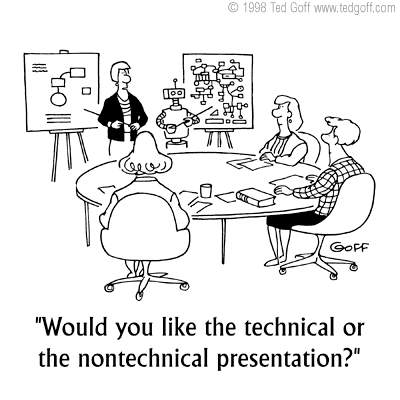Importance of Audio Measurements Revisited
Ok, it was a little over ten years ago that I put together this piece on what different high-end audio designers thought about the importance of measurements.
http://www.herronaudio.com/images/Measurements.pdf
After all, High-end audio historians know JGH's leaving High Fidelity magazine over this exact same issue eventually led to Holt's publishing Stereophile magazine and the development of our high-end audio hobby.
So where do WBF readers think about the issue of measurement: 1) Just how important are they to you as a consumer? and 2) Do you actually take any stock in supplied measurements; 3) Has digital made measurements more important? and 4) Are some components better evaluated by measurements than others?
Ok, it was a little over ten years ago that I put together this piece on what different high-end audio designers thought about the importance of measurements.
http://www.herronaudio.com/images/Measurements.pdf
After all, High-end audio historians know JGH's leaving High Fidelity magazine over this exact same issue eventually led to Holt's publishing Stereophile magazine and the development of our high-end audio hobby.
So where do WBF readers think about the issue of measurement: 1) Just how important are they to you as a consumer? and 2) Do you actually take any stock in supplied measurements; 3) Has digital made measurements more important? and 4) Are some components better evaluated by measurements than others?
Last edited:

















